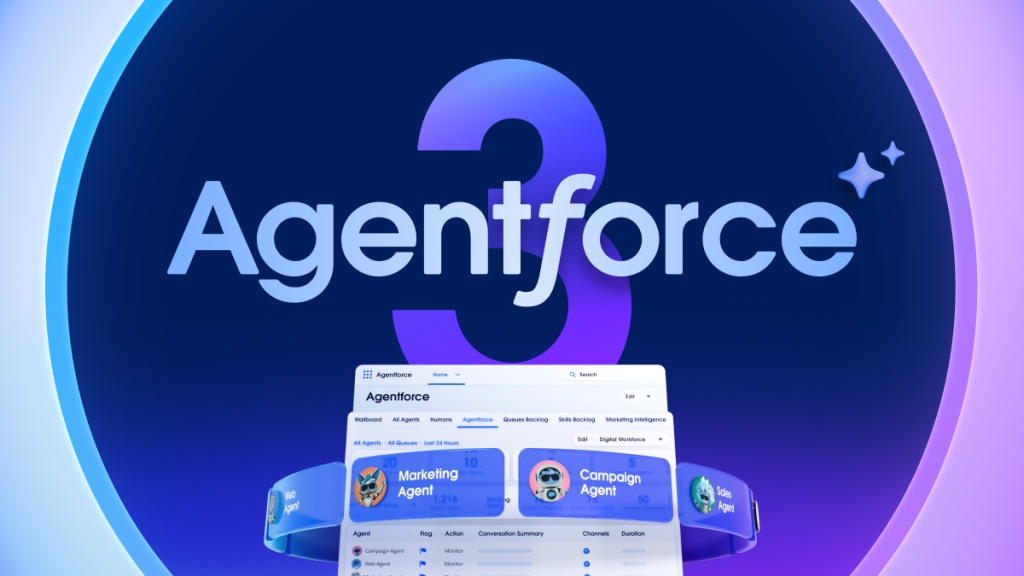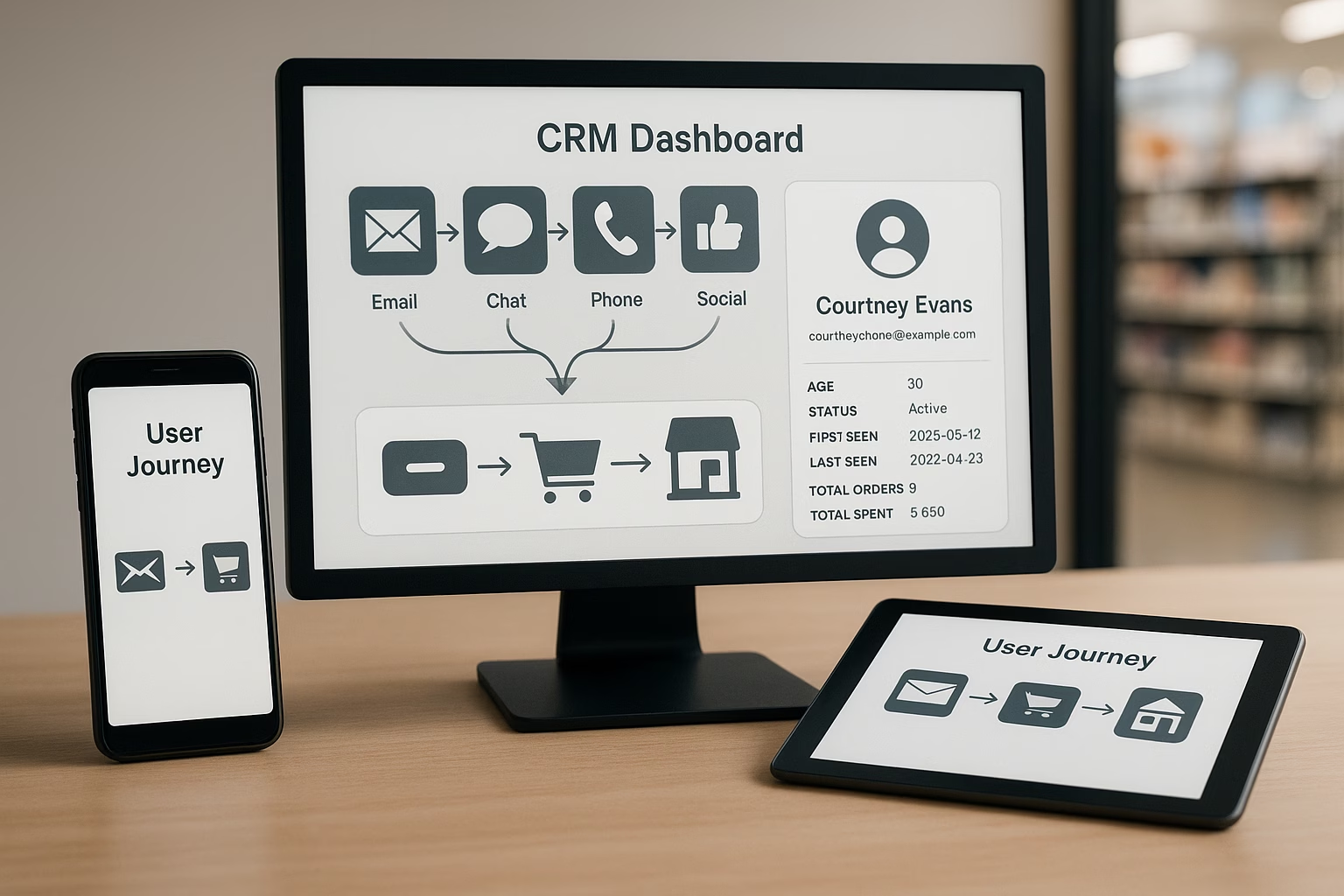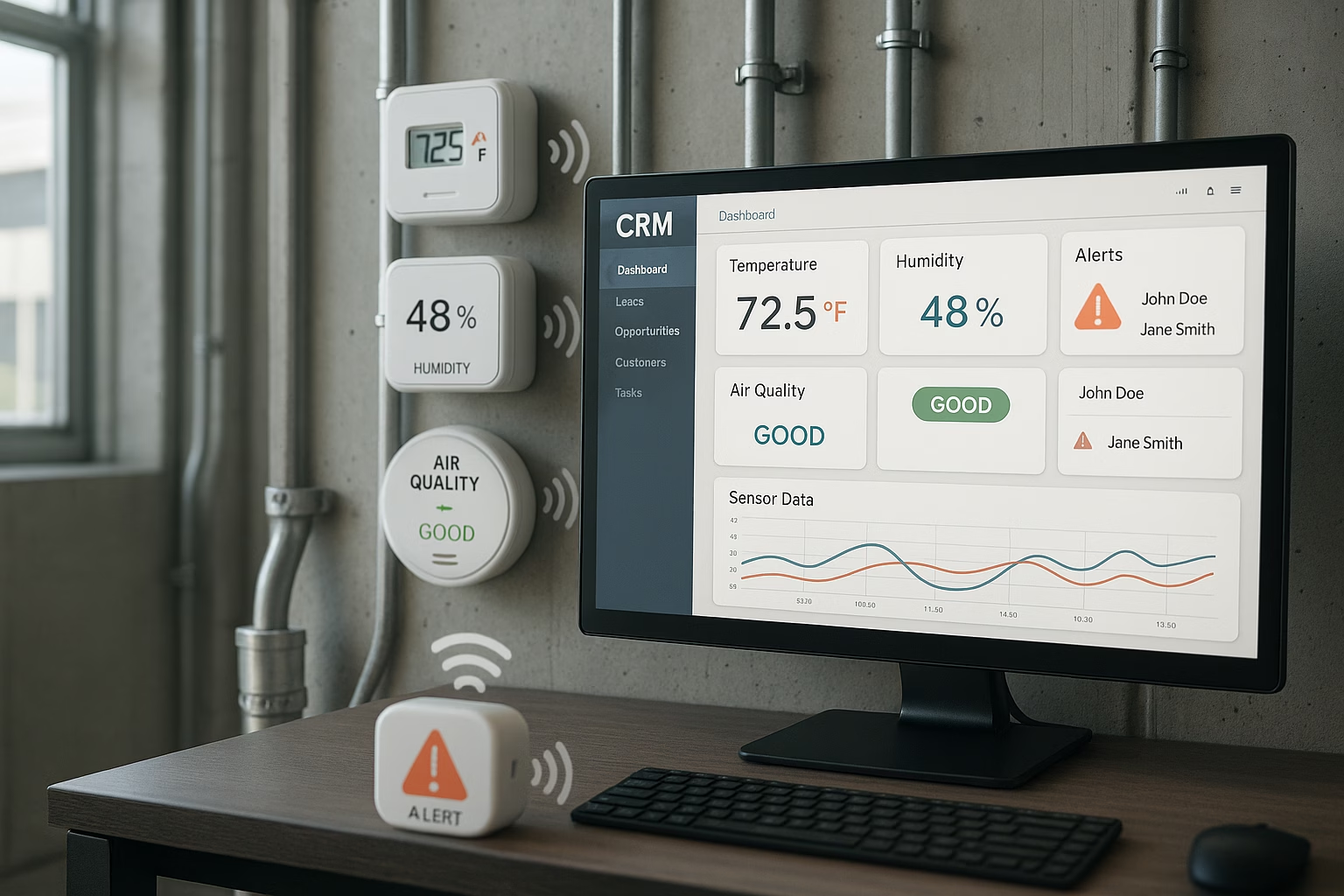Bringing in Microsoft Dynamics 365 is a big deal. Whether you are upgrading from an outdated system, consolidating multiple platforms, or transitioning from manual processes, the aim is the same: greater efficiency, improved collaboration, and smarter decision-making. But you’re not just rolling out new software. You’re making sure your teams actually use it, and that it genuinely improves how you work.
A new system can promise all the automation, insights, and efficiency in the world, but if it doesn’t fit into daily workflows or feels like a hassle, adoption will be slow, and the investment won’t deliver what it should. That’s why a successful implementation isn’t just about getting the system live. It’s about making sure it supports your processes, fits how your teams work, and actually makes their jobs easier. If you’ve struggled with adoption in the past (or want to make sure you get it right this time), there are a few key challenges to tackle upfront. Let’s check them out.
Make sure Dynamics 365 supports your Sales, Marketing, and Service Processes
One of the biggest reasons CRM systems fail is that they’re set up as a system to use rather than a system that works for you. If Dynamics 365 doesn’t match how your teams already sell, market, or support customers, they’ll work around it rather than with it.
Take sales, for example. If your team relies on tracking leads through spreadsheets or informal methods, throwing them into a new system without a clear, structured process won’t work. The platform should support a smoother sales process—from capturing leads to managing the pipeline, automating follow-ups, and helping teams focus on the right opportunities at the right time. The same goes for marketing. If your marketing team runs campaigns but doesn’t have a way to see how they impact sales, there’s a disconnect. Marketing and sales should be working together, not in silos. And Dynamics 365 should bridge that gap, not widen it.
Customer service teams also need the right setup. If a service rep can’t instantly see a customer’s history, previous issues, or the status of an open case, they’re working blind. Case management should be intuitive, automated where possible, and focused on giving agents everything they need in one place. If Dynamics 365 doesn’t fit your business processes, your teams won’t see the point in using it. That’s why mapping out how sales, marketing, and service actually work in your business before rolling out the system is so important.
Ease the transition with buy-in and an agile rollout
People don’t resist new systems because they hate technology. They resist them because they don’t want to waste time on something that doesn’t seem helpful. If a CRM feels like extra admin rather than a tool that actually makes work easier, adoption will be a struggle. The best way to avoid this is to involve key people from the start. Sales reps, marketing leads, and service teams should have input on how the system is set up. What’s frustrating about the current setup? What takes too long? What data do they actually use? When people see their feedback shaping the system, they’re far more likely to embrace it. Rolling out in phases also makes a huge difference. Trying to do everything at once is overwhelming, and teams will default to old habits. A more agile approach, starting with core functions, refining based on feedback, and expanding gradually, keeps things manageable and ensures the system is actually working before it’s rolled out to everyone.
Sort out integrations and data quality from the start
A CRM is only as good as the data in it. If your sales, marketing, and service teams are working with outdated, inconsistent, or duplicate data, decisions will be based on bad information. That’s why data quality has to be a priority from day one. This means putting rules in place around data entry, validation, and regular clean-ups to make sure your system stays reliable. It also means ensuring Dynamics 365 integrates properly with your existing tools. If your CRM doesn’t sync with your ERP, marketing automation, or other core systems, people will be switching between platforms, re-entering data, and losing time. A well-integrated system ensures that Dynamics 365 is practical, efficient, and enhances everyday workflows.
Train, track, and improve over time
Even the best CRM won’t work if people don’t know how to use it properly. Training doesn’t stop after the initial rollout. It should be reinforced over time to maximise adoption and effectiveness. People need to see how the system makes their day easier, not just be handed a manual and expected to figure it out. Microsoft’s Adoption Score is a great tool to track how different teams are using Dynamics 365. Are sales reps actually updating opportunities? Are service teams managing cases efficiently? If not, where are the sticking points? Tracking adoption and making tweaks based on real usage helps keep the system relevant and useful.
Why work with Sirocco?
A CRM rollout needs to go beyond installation. It should actively support business goals and improve how teams work. At Sirocco, we’ve been helping businesses implement Microsoft Dynamics since 2008, making us one of the oldest Microsoft partners in Sweden. Our consultants have worked on over 150 Microsoft projects, covering everything from CRM and sales automation to customer service, marketing automation, field services, and Power BI. We’ve helped businesses in real estate, defence, manufacturing, energy, retail, and more get the most out of Dynamics 365 by focusing on processes, adoption, and long-term success. With over 100 Microsoft Certifications across Sales, Marketing, Customer Service, Field Service, Finance & Operations, Power BI, Azure, and Solution Architecture, our nearly 100-person team—spread across Sweden, the Middle East, Iberia, Italy, and the US, is here to help. Whether you’re planning a rollout, optimising an existing setup, or struggling with adoption, we can make sure Dynamics 365 works for your business. Let’s talk.










